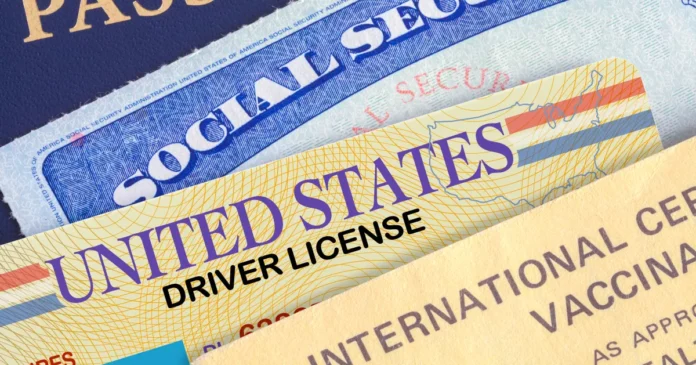In some states, recent legislation has restricted the use of certain out-of-state driver’s licenses issued to individuals without legal immigration status. Florida, for example, passed a law in 2023 invalidating licenses issued specifically to undocumented immigrants in other states. Wyoming has enacted similar restrictions, and Tennessee is set to follow with its own legislation.
These state-level moves reflect a broader push by some legislatures to align with federal immigration enforcement, particularly as President Donald Trump intensifies his focus on border security and undocumented immigration. During debate in Tennessee’s legislature, a state leader characterized the measures as sending a firm message to those without legal status.
In contrast, 19 states and Washington, D.C., continue to offer driver’s licenses to individuals regardless of their immigration status. These licenses often serve practical purposes such as enabling people to drive to work or school. However, policies differ: while many states issue licenses that appear the same regardless of immigration status, others—including Connecticut and Delaware—use specific markings to indicate that the license was issued to someone without proof of legal presence.
With the federal REAL ID Act set to be enforced beginning May 7, 2025, the divide may grow more apparent. The act sets national standards for driver’s licenses used for boarding domestic flights or accessing certain federal facilities. Compliant IDs require documentation such as proof of U.S. citizenship or lawful status and are marked with a star. However, states can continue to issue non-REAL ID licenses for other purposes, including driving, under their own criteria.
In Florida, the law specifically targets licenses that are clearly marked as being issued to undocumented immigrants. Currently, only certain types of licenses from Connecticut and Delaware fall under this classification. For example, Connecticut has issued over 60,000 “drive-only” licenses to individuals who cannot prove legal status, while Delaware’s data is not publicly confirmed.
Efforts to make these licenses less distinguishable have surfaced. In Connecticut, the governor proposed eliminating the special designation in favor of a more uniform license, but the legislation did not pass.
Legal experts and immigration advocates note that these laws may have limited immediate effects, as there are few documented cases of the restrictions being enforced. However, they warn of the broader implications for mobility and daily life, especially for immigrant communities. Advocates in Florida have reported rising concern, even among those who obtained licenses legally in states like California, where access is broader.
The issue is seen as part of a growing trend of state-level involvement in immigration enforcement—often generating legal and practical challenges, as federal and state jurisdictions navigate overlapping responsibilities.
For more political updates, visit DC Brief.


